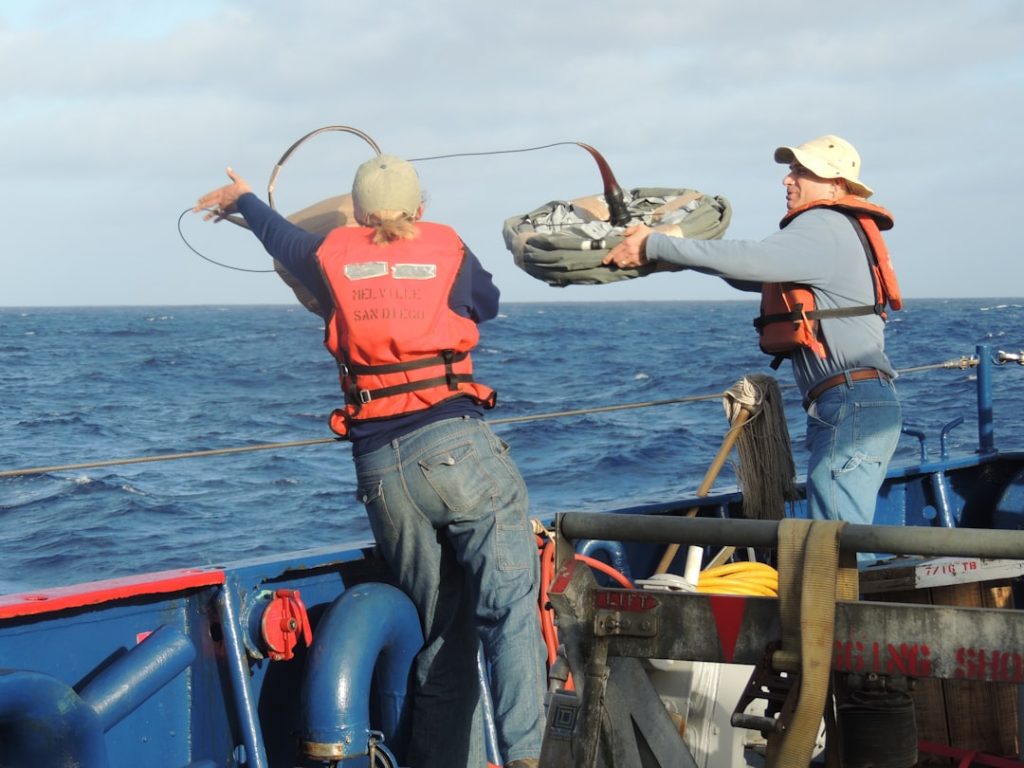The World Bank Group stands as a pivotal institution in the global landscape of development finance, dedicated to reducing poverty and fostering sustainable economic growth. Established in 1944, the organization comprises five distinct entities, each with its own focus and operational strategies. The International Bank for Reconstruction and Development (IBRD) and the International Development Association (IDA) are the two primary arms that provide financial and technical assistance to developing countries.
The International Finance Corporation (IFC), the Multilateral Investment Guarantee Agency (MIGA), and the International Centre for Settlement of Investment Disputes (ICSID) round out the group, each contributing to a comprehensive approach to development. The World Bank Group’s mission is not merely to provide funding but to empower nations to build their own capacities for sustainable development. By offering a blend of financial resources, policy advice, and technical expertise, the organization aims to create an environment where countries can thrive independently.
This multifaceted approach is crucial in addressing the complex challenges faced by developing nations, including economic instability, social inequality, and environmental degradation. As we delve deeper into the various initiatives undertaken by the World Bank Group, it becomes evident how its diverse strategies contribute to global development goals.
Infrastructure and Development Projects
Infrastructure development is a cornerstone of the World Bank Group’s efforts to stimulate economic growth and improve living standards in developing countries. The organization invests heavily in projects that enhance transportation networks, energy supply, water resources, and urban development. For instance, the World Bank has funded numerous road construction projects across Africa, significantly improving access to markets and services for rural communities.
These projects not only facilitate trade but also enhance mobility, allowing people to reach healthcare facilities and educational institutions more easily. One notable example is the East Africa Regional Transport, Trade and Development Facilitation Project, which aims to improve transport corridors linking landlocked countries to ports. By investing in roads, railways, and border facilities, the World Bank is helping to reduce transit times and costs, thereby boosting regional trade.
Such infrastructure projects are vital for economic integration and can lead to job creation, increased investment, and overall economic resilience. The success of these initiatives underscores the importance of infrastructure as a foundation for sustainable development.
Poverty Reduction and Social Programs
Poverty reduction remains at the heart of the World Bank Group’s mission. The organization implements a variety of social programs designed to uplift marginalized communities and promote inclusive growth. These initiatives often focus on education, healthcare, and social safety nets, recognizing that human capital is essential for long-term development.
For example, the World Bank’s support for conditional cash transfer programs in countries like Brazil has proven effective in reducing poverty levels while encouraging school attendance and healthcare utilization among low-income families. In addition to direct financial assistance, the World Bank emphasizes capacity building within communities. By providing training and resources to local organizations, the group empowers individuals to take charge of their own development.
This participatory approach not only fosters ownership but also ensures that programs are tailored to meet the specific needs of communities. The success of such initiatives can be seen in various countries where targeted interventions have led to significant improvements in living standards and economic opportunities for vulnerable populations.
Environmental and Climate Initiatives
As climate change poses an increasing threat to global stability, the World Bank Group has prioritized environmental sustainability in its development agenda. The organization recognizes that economic growth must be balanced with ecological preservation to ensure a viable future for generations to come. Through various initiatives, the World Bank supports countries in their efforts to mitigate climate change impacts while promoting sustainable practices.
One prominent example is the Climate Investment Funds (CIF), which provide financial resources for projects aimed at reducing greenhouse gas emissions and enhancing climate resilience. These funds have supported renewable energy projects in countries like India and Morocco, facilitating a transition towards cleaner energy sources. Additionally, the World Bank’s commitment to integrating climate considerations into its broader development strategies reflects a holistic approach to addressing environmental challenges.
By fostering collaboration between governments, private sectors, and civil society, the organization aims to create sustainable solutions that benefit both people and the planet.
Private Sector Development and Investment
Recognizing the critical role of the private sector in driving economic growth, the World Bank Group actively promotes private sector development through various initiatives. The International Finance Corporation (IFC), as part of the group, focuses on mobilizing private investment in developing countries by providing financing solutions, advisory services, and risk mitigation tools. This approach not only stimulates job creation but also enhances innovation and competitiveness within local economies.
A compelling example of this strategy is the IFC’s support for small and medium-sized enterprises (SMEs) in Africa. By providing access to finance and business development services, the IFC helps SMEs overcome barriers that often hinder their growth potential. This support is crucial as SMEs represent a significant portion of employment in many developing countries.
Furthermore, by fostering entrepreneurship and innovation, the World Bank Group contributes to building resilient economies capable of withstanding external shocks.
Governance and Institutional Capacity Building
Strengthening Governance through Partnerships
One successful initiative is the Governance Partnership Facility (GPF), which supports projects aimed at improving governance practices across various sectors. For instance, in countries like Afghanistan and Liberia, the GPF has funded efforts to enhance public financial management systems and promote citizen engagement in decision-making processes. These initiatives not only improve service delivery but also foster trust between governments and their citizens.
Building Resilient Institutions
By investing in governance reforms, the World Bank Group contributes to building resilient institutions that can effectively respond to the needs of their populations. This, in turn, enables countries to address their unique challenges and foster sustainable growth.
Towards a More Equitable and Sustainable Future
As we navigate an increasingly complex world marked by economic disparities and environmental threats, the continued efforts of institutions like the World Bank Group will be essential in creating a more equitable and sustainable future for all.
